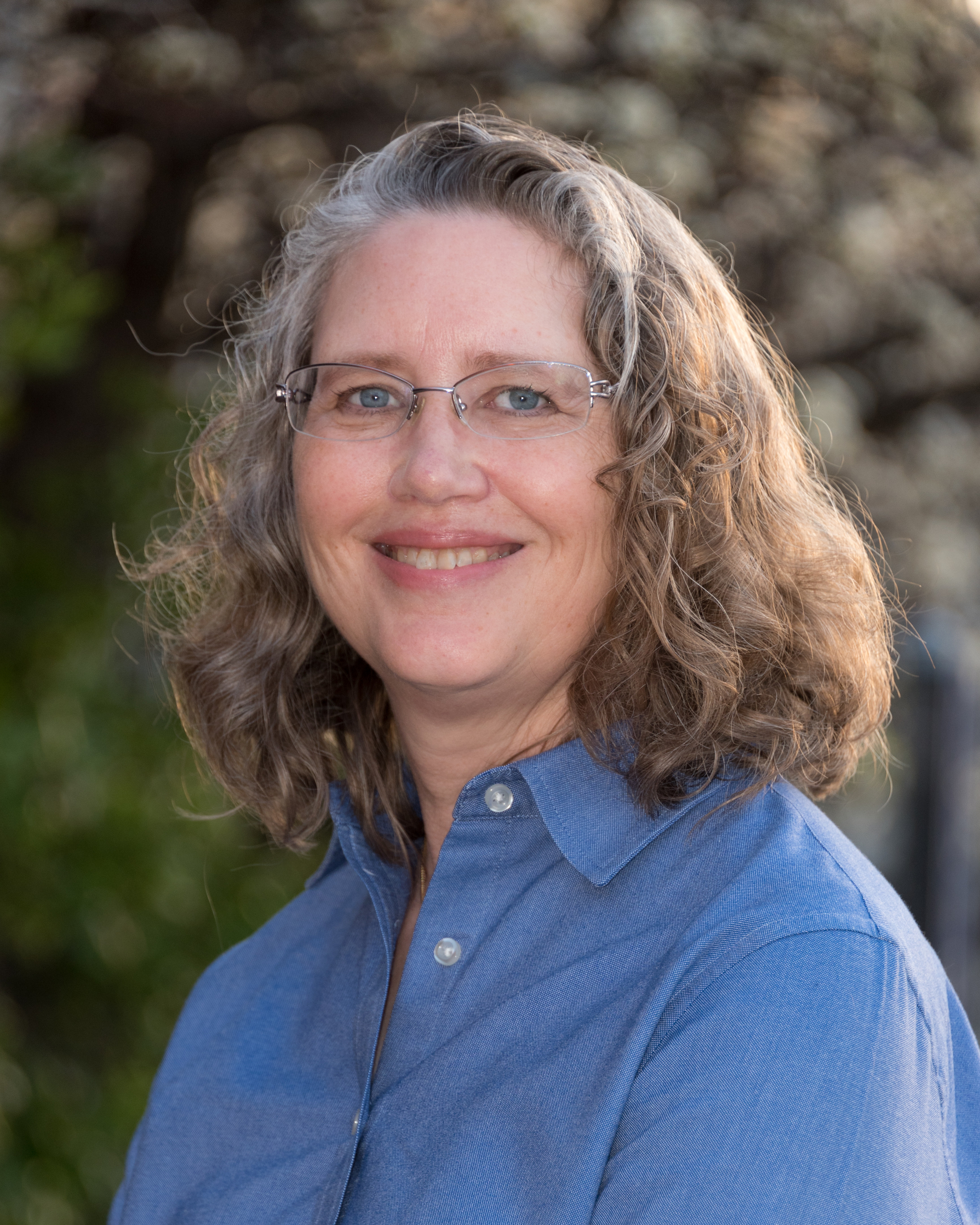There was no bar or bat mitzvah ceremony at my synagogue this weekend, so the chairs in the front row, normally occupied by the bar/bat mitzvah families, were empty. At the rabbi’s request, some of us moved up to the front row.
In the moments before we say the Amidah, the central prayer of the service, I usually follow the tradition of taking three steps back, and then three steps forward. The reason for the three steps back is to acknowledge that we are about to approach God through prayer, and to show our awe by stepping back. We then prepare ourselves mentally and spiritually, and take three steps forward to show we are ready to speak with God.
Often, I’m standing between rows of chairs, so, by necessity, I can only take three very small steps back and forward. Because I was on the front row on Saturday, I could still only take three small steps back before I hit my chair, but then I was able to take three normal-sized steps forward.
Sounds great, right? Except, apparently, I was the only one standing in the front row who follows that tradition. Suddenly, I was standing three full steps out in front of everyone else, with no other people near me.
I quickly found myself feeling completely exposed. I didn’t want to mess up my participation in the tradition by taking three steps back to my seat again. More importantly, I didn’t want to retreat from God. That is when I realized that how I was feeling that moment – unprotected, completely visible, and vulnerable – is exactly how I want to feel when I am standing before God.
I don’t, I realized, want to feel like I’m hiding anything from God. I want to feel like I’m standing alone and completely open for God to see and hear the real me. I don’t want to feel hidden or protected by other people, by rows of chairs, or by anything else.
On one level, my desire to feel that way seemed ridiculous. God can see and hear me perfectly well no matter where I am or what I’m doing, whether or not I try to avoid it. From one perspective, whether or not I feel exposed to God makes no difference.
On the other hand, I liked the visceral experience of feeling that openness and vulnerability, rather than just knowing of its existence intellectually.
There is an old story of a rabbi asking a thief why he is more afraid of what people think of him than what God thinks of him. When the thief asked why the rabbi would think we felt that way, the rabbi said, “Because you only steal when you think people can’t see you. But God can always see you.”
Perhaps the world would be a better place if we all remembered more often before whom we stand.
—————-
“Like” the “>follow me on Twitter.





















 More news and opinions than at a Shabbat dinner, right in your inbox.
More news and opinions than at a Shabbat dinner, right in your inbox.